

Safe drinking-water, sanitation and hygiene are crucial to human health and well-being. Safe WASH is not only a prerequisite to health, but contributes to livelihoods, school attendance and dignity and helps to create resilient communities living in healthy environments.
Drinking unsafe water impairs health through illnesses such as diarrhoea, and untreated excreta contaminates groundwaters and surface waters used for drinking-water, irrigation, bathing and household purposes.
Chemical contamination of water continues to pose a health burden, whether natural in origin such as arsenic and fluoride, or anthropogenic such as nitrate.
Safe and sufficient WASH plays a key role in preventing numerous NTDs such as trachoma, soil-transmitted helminths and schistosomiasis. Diarrhoeal deaths as a result of inadequate WASH were reduced by half during the Millennium Development Goal (MDG) period (1990–2015), with the significant progress on water and sanitation provision playing a key role.
Evidence suggests that improving service levels towards safely managed drinking-water or sanitation such as regulated piped water or connections to sewers with wastewater treatment can dramatically improve health by reducing diarrhoeal disease deaths.
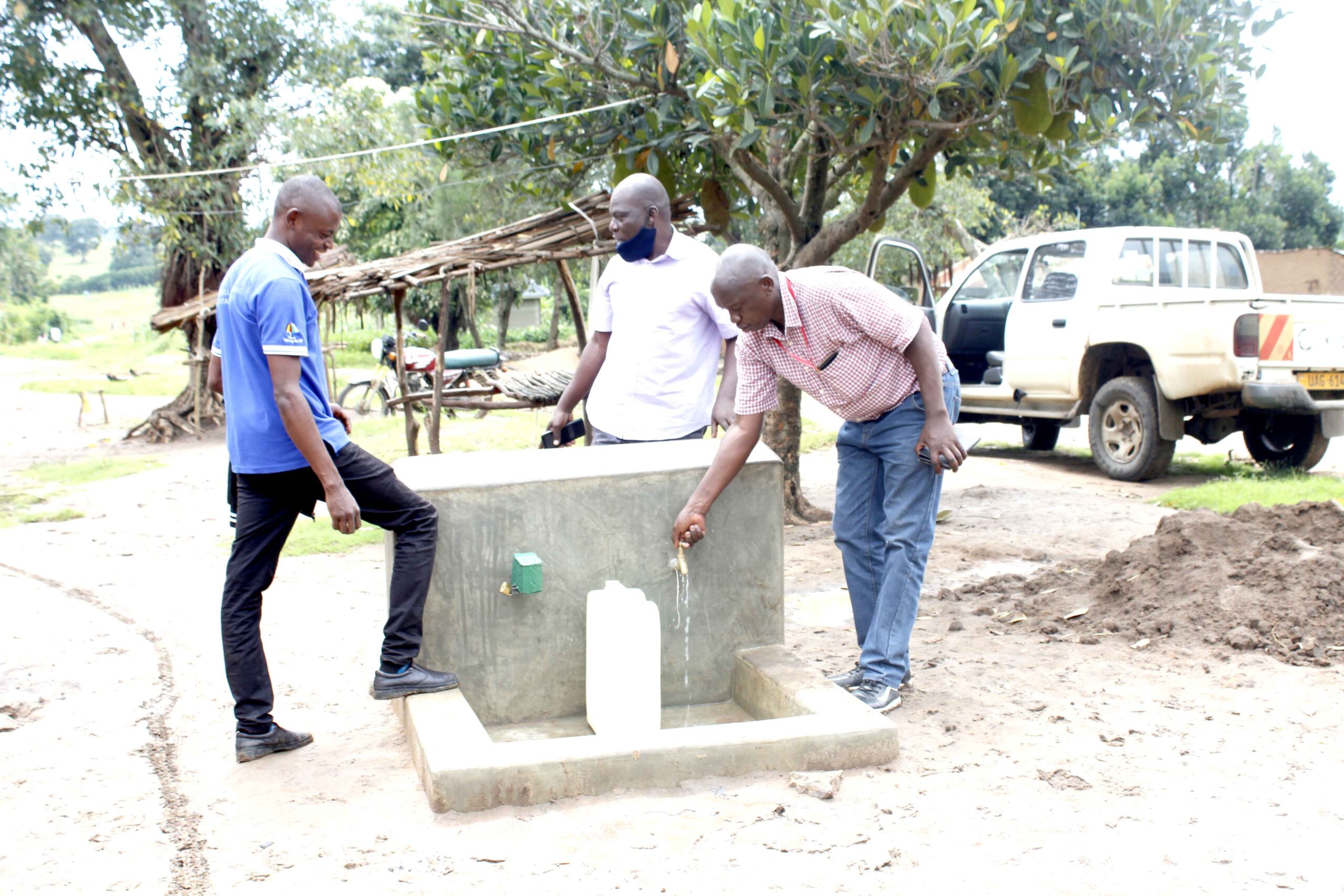
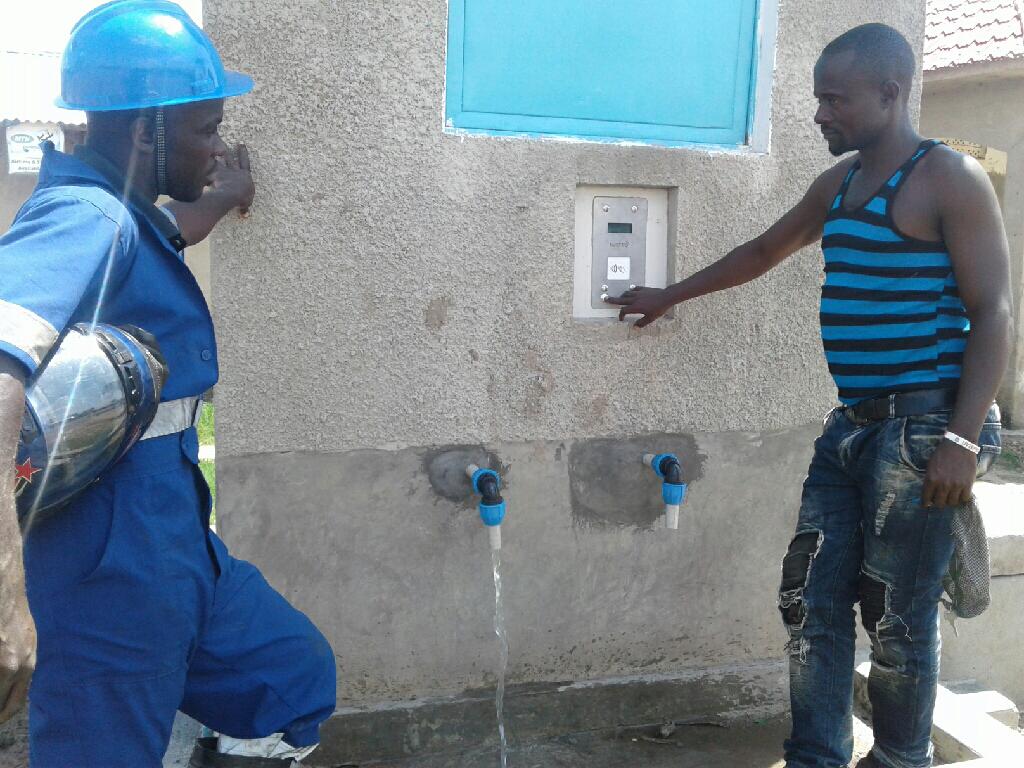
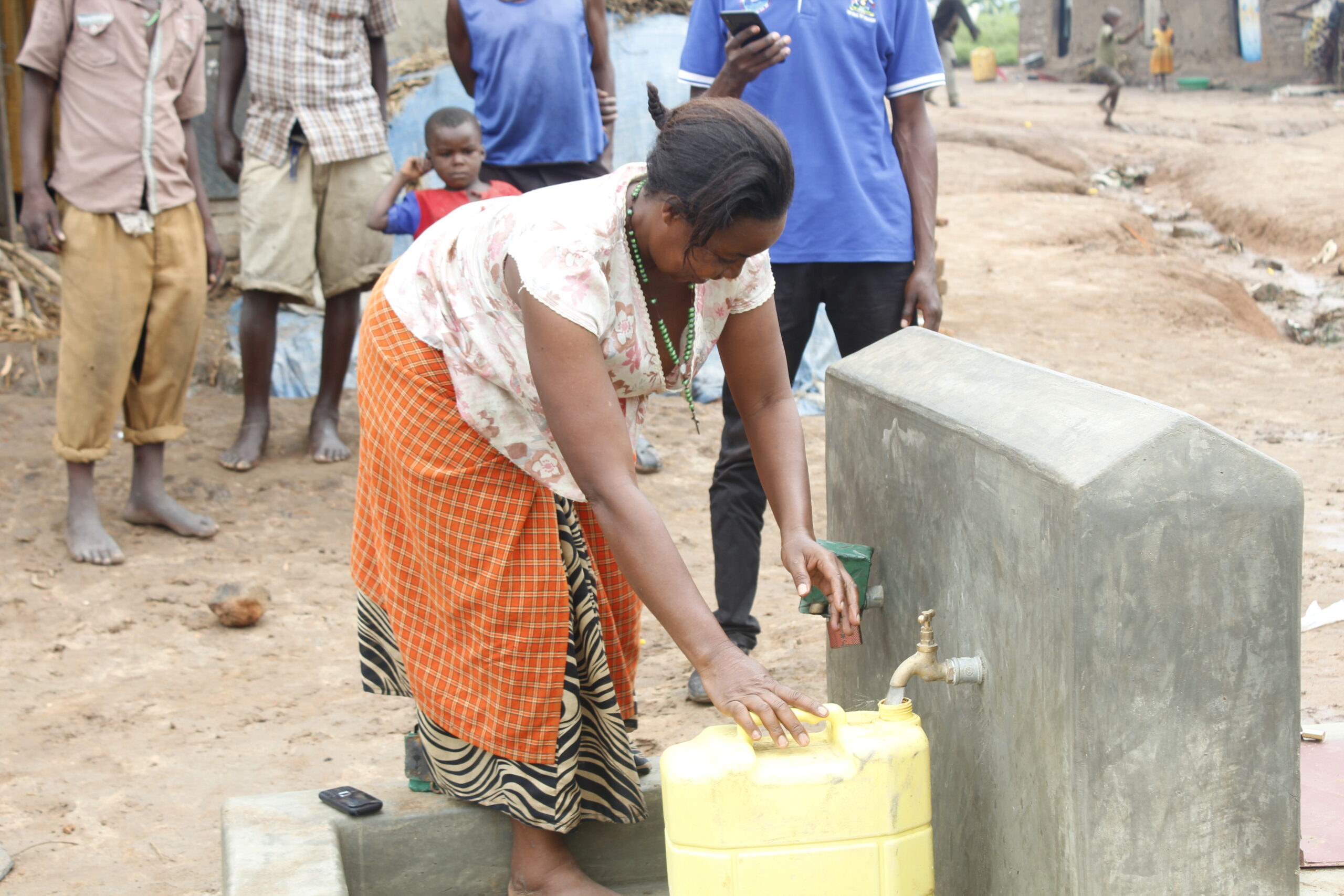
Agriculture can help reduce poverty, raise incomes and improve food security for 80% of the world’s poor, who live in rural areas and work mainly in farming.
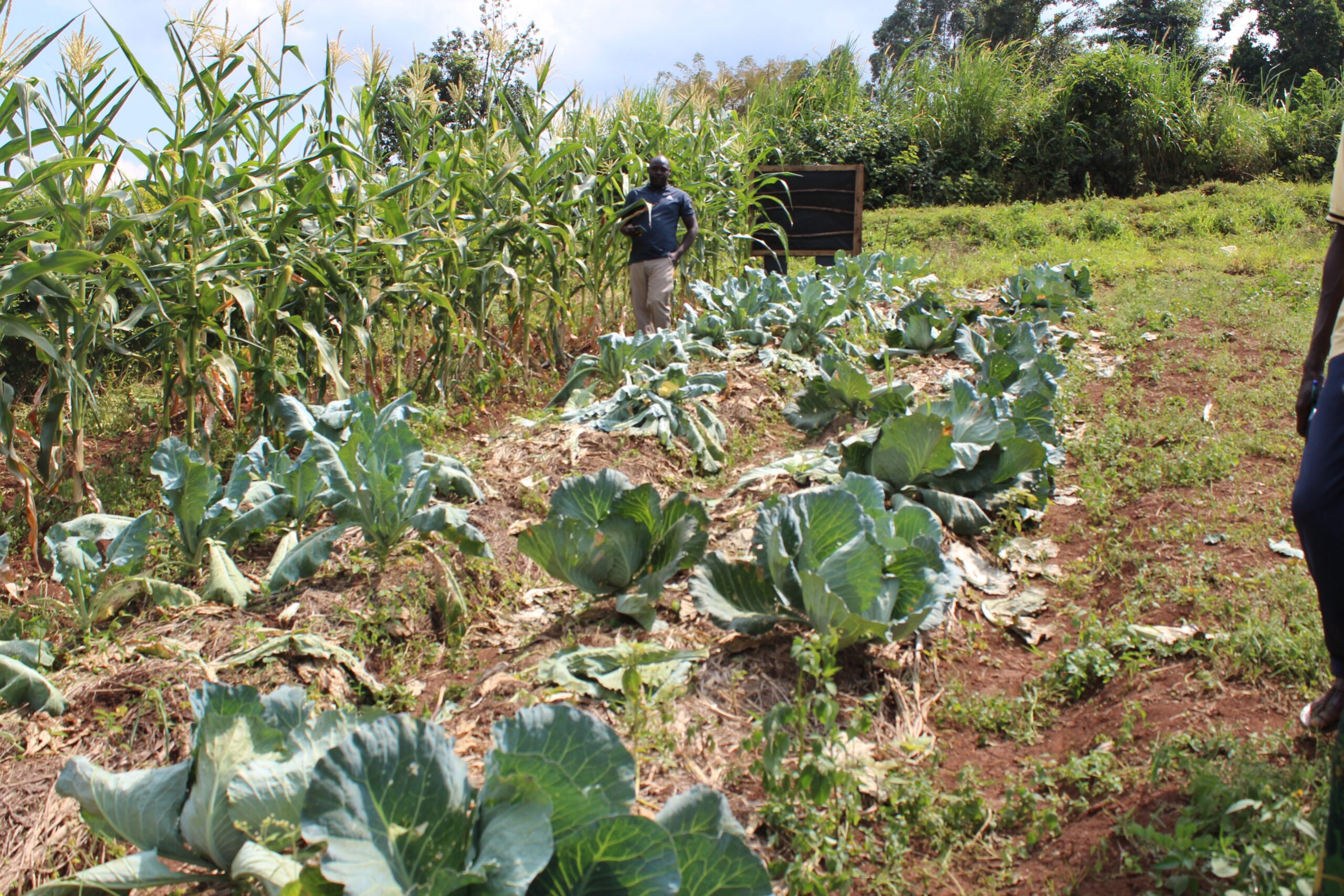
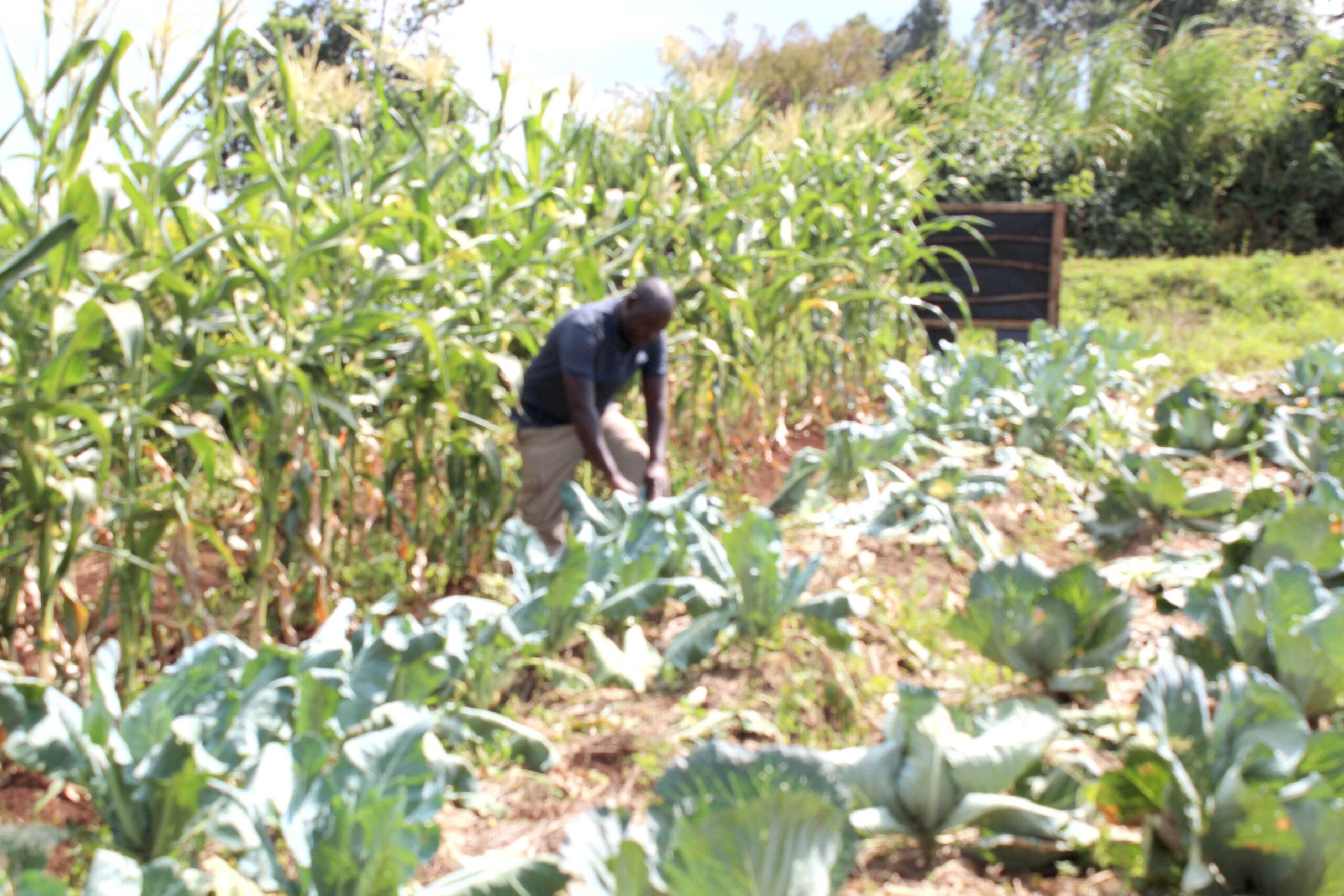

Financial services are economic services provided by the finance industry, which together encompass a broad range of service sector firms that provide financial management, including credit unions, banks, credit-card companies, insurance companies, accountancy companies, consumer-finance companies, stock brokerages

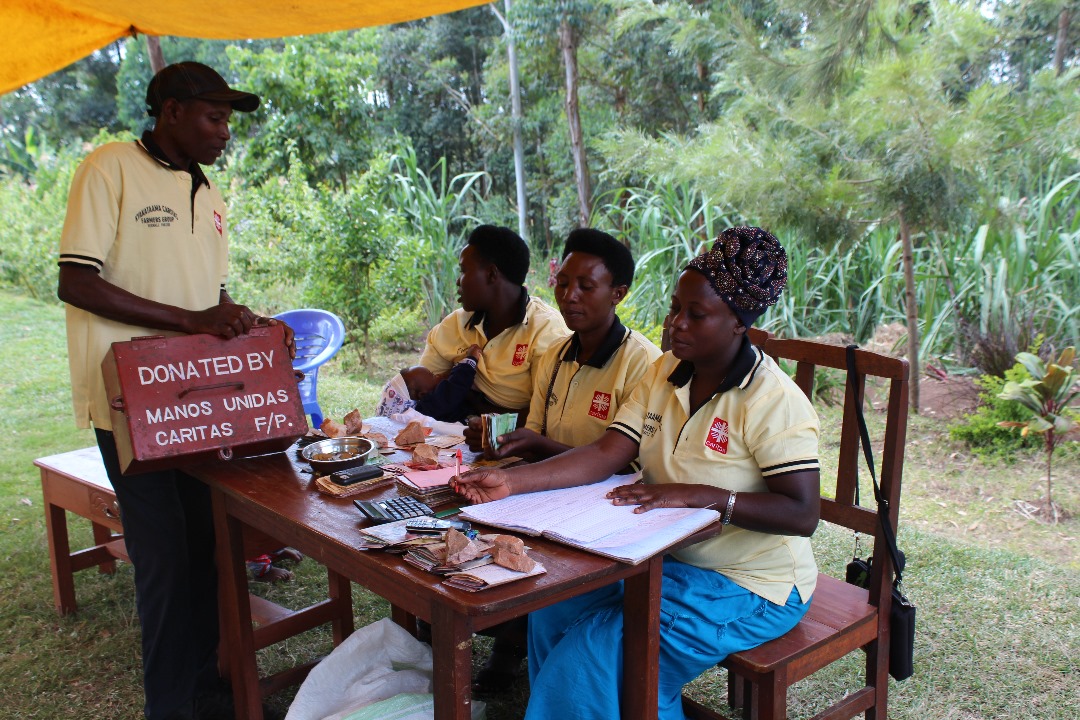
Disaster preparedness consists of a set of measures undertaken in advance by governments, organisations, communities, or individuals to better respond and cope with the immediate aftermath of a disaster, whether it be human-induced or caused by natural hazards. The objective is to reduce the loss of life and livelihoods.
Simple initiatives can go a long way, for instance in training for search and rescue, establishing early warning systems, developing contingency plans, or stockpiling equipment and supplies.
Disaster preparedness plays an important role in building the resilience of communities.
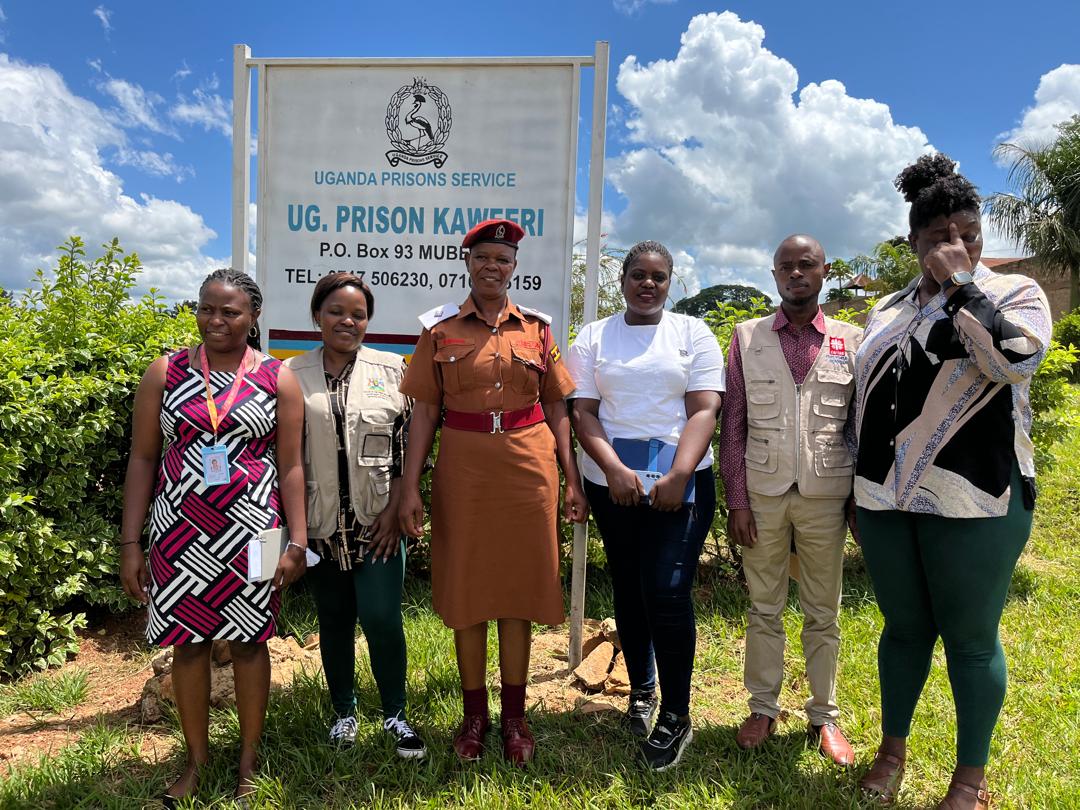
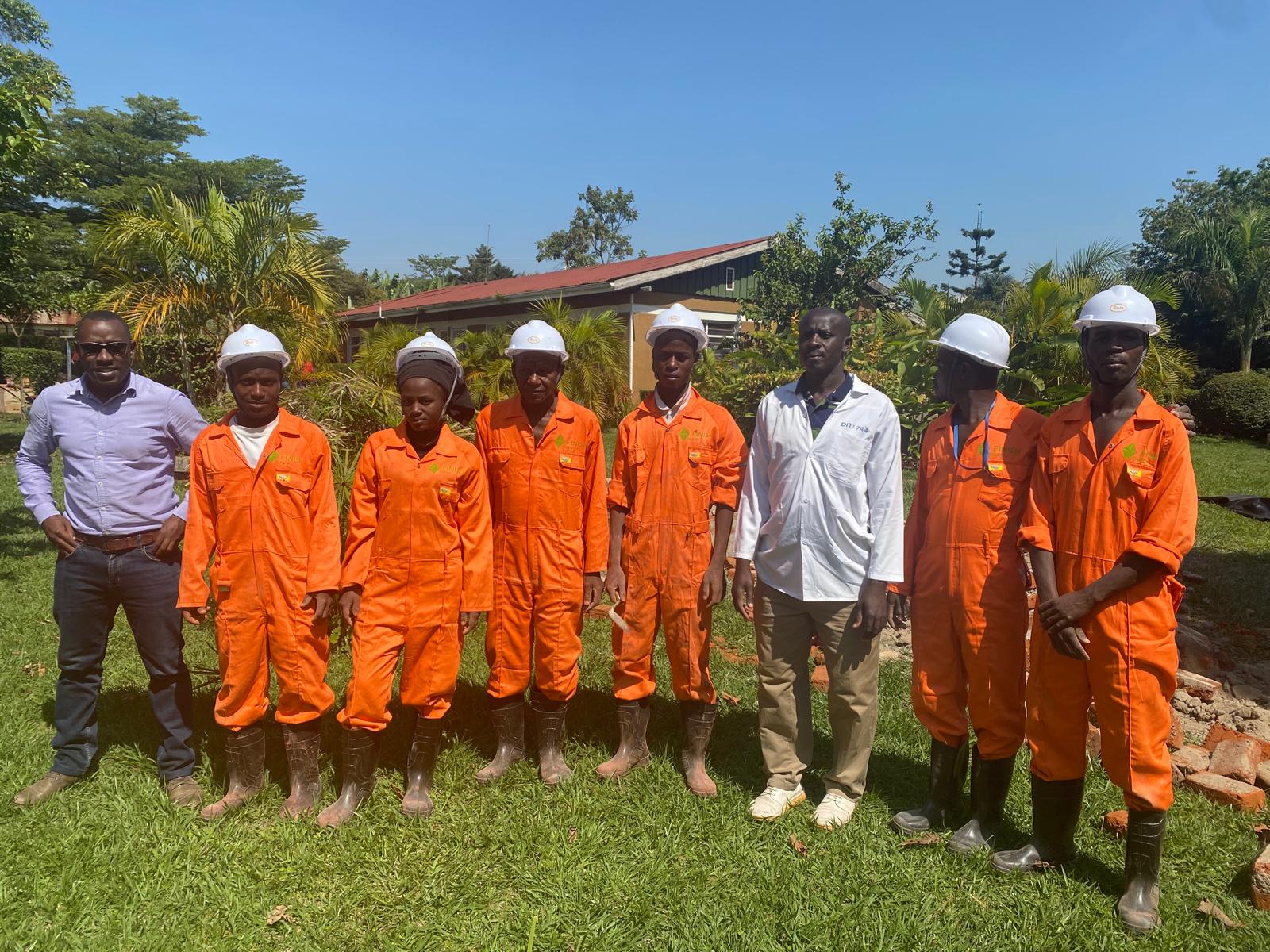
Promoting justice is often about creating fairer power structures locally, nationally and internationally. We work in partnership to improve the relationships and behaviours that inhibit justice. This is vital for long-term peace and for preventing conflicts. We use this research as the basis for our work to develop and advocate for justice systems that respond to people’s needs and promote peace. We challenge power and justice structures that reinforce social, political and economic injustices.
We support marginalised groups, including women and ethnic minorities, in practical ways to improve their access to justice and the relationships they have with justice providers.